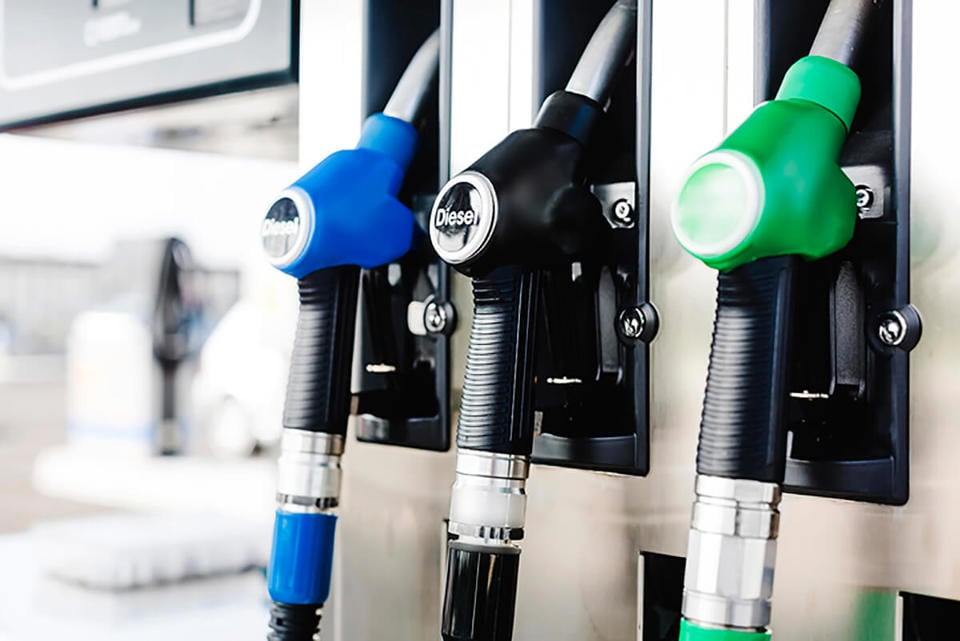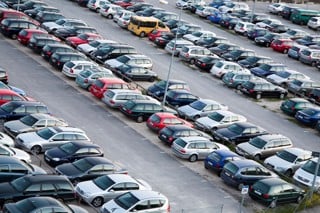A jump in the price of oil has pushed diesel up by 4 pence per litre (ppl) and petrol by more than 3p, in the past three weeks.
Analysis by the RAC shows that unleaded rose by 3.2p from 140p on January 29 to 143.4p on February 18, while diesel went from 148p to 152p in the same period.
Diesel has been on a downward trend over the past three months, falling by 15p from 163p in early October to just below 148p in late January, while petrol fell by 17ppl from 157p to below 140p in mid-January – the first time it had been below this mark since mid-October 2021.
The pump price increases have been brought about by a jump in the price of oil which has been trading above $80 a barrel for most of the last four weeks, having been well below that for the previous seven.
RAC fuel spokesman Simon Williams said: “News that fuel prices have bottomed out and are now on the rise again is bad news for drivers, and possibly the economy and future inflation rates, too.
“While we’re not expecting prices to shoot up dramatically, it appears that oil is trading up, which in the absence of a stronger pound, means wholesale fuel costs more for retailers to buy in.”
He added: “The Red Sea attacks by Houthi rebels, which are forcing tankers to avoid the Suez Canal and instead go round South Africa’s Cape of Good Hope, are clearly playing their part, but so have global refinery maintenance closures, the start of America’s driving season and UK retailers buying more fuel stocks ahead of the Budget to protect against a possible fuel duty hike by the Chancellor.”
Williams does not believe forecourt prices will go up too much more from where they are today, but he says a lot depends on how much margin the biggest retailers decide to take.
“Positively for drivers, supermarket margins are lower than they were in January, but they are still significantly higher than they were prior to the pandemic and Russia’s invasion of Ukraine,” he said.
Last year, RAC data suggested they benefitted from an average mark-up of 10p on every litre of fuel sold as opposed to just under 6p in 2019.























Login to comment
Comments
No comments have been made yet.